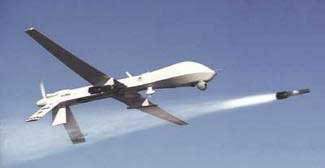A death on the border
Several days ago, a middle-aged man named Nam Young-ho was shot to death while crossing the Imjin River, which divides North and South Korea. Such stories are sadly not uncommon, but the particular facts make this case quite unusual: Nam was a South Korean trying to enter the North, and was shot by South Korean soldiers. This killing received relatively little attention in the news (perhaps in part because it occurred on the same day as a larger tragedy in the US), but it’s hard to view it as anything other than a terrible injustice. I’ve been racking my brains, and I can’t figure out a plausible justification. From news reports, it sounds like the South Korean military is standing by the soldiers’ actions and no prosecution is forthcoming. This makes the killing all the more disturbing – it was not the result of poor training or accident, but a deliberate and pernicious policy to use lethal force on anyone attempting to cross into the North.Read More »A death on the border

